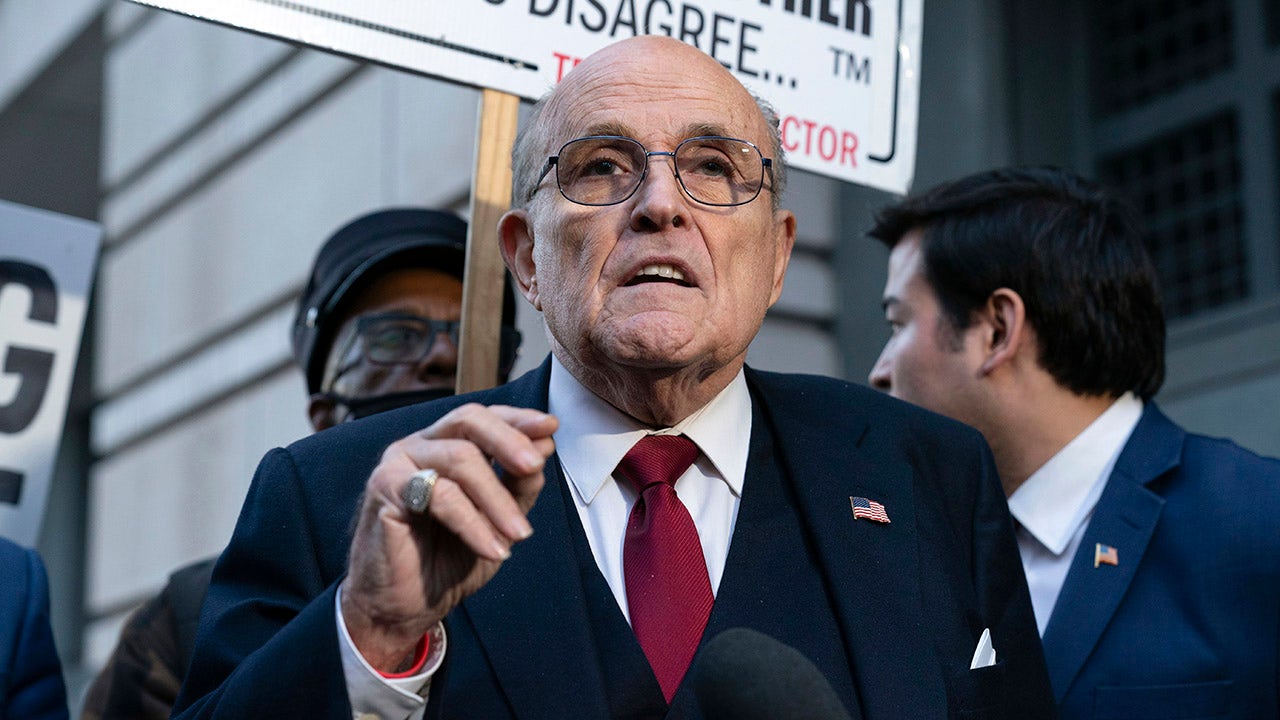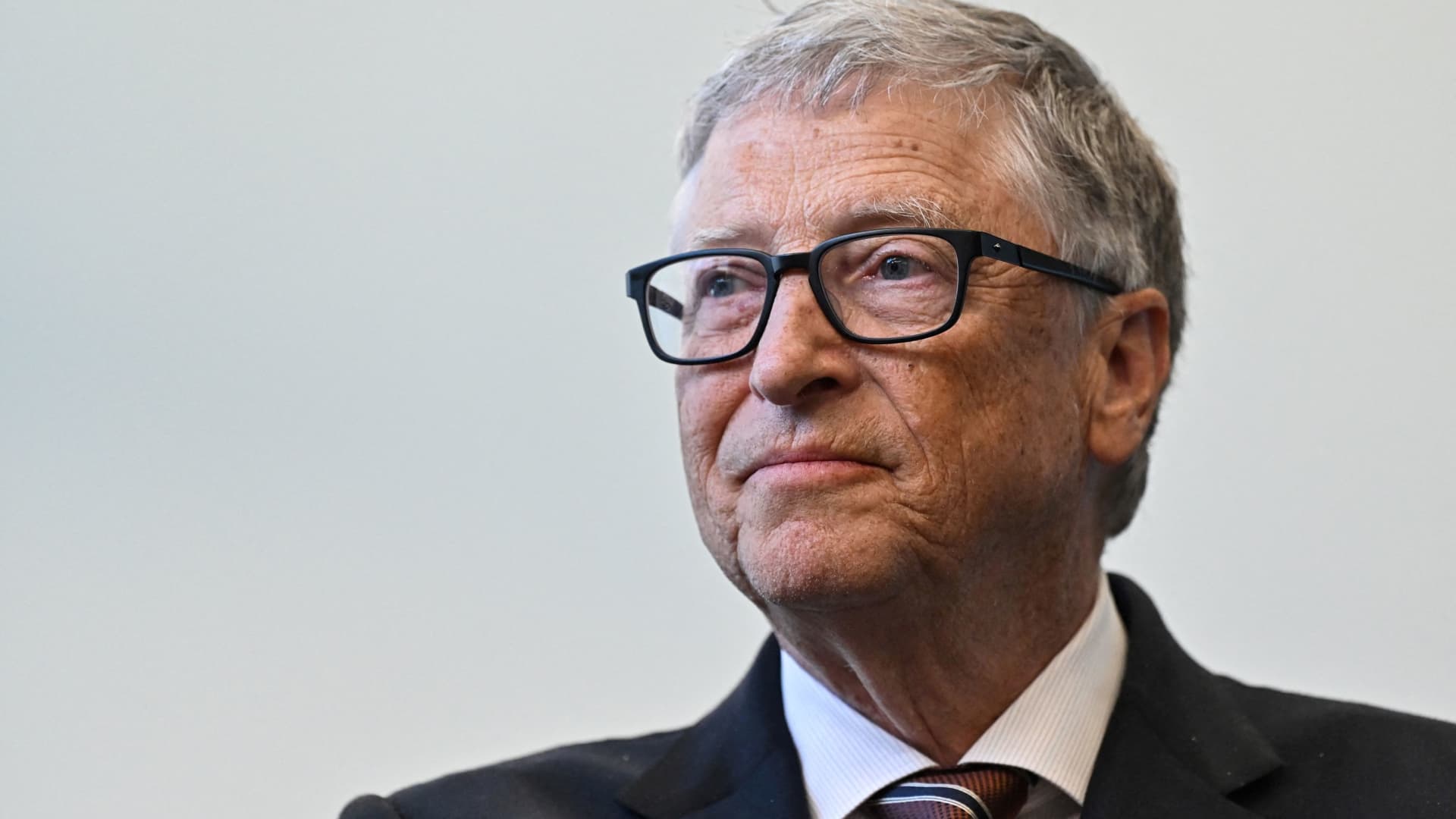There’s a massive wealth transfer underway.
“It has started and it’s only going to accelerate,” said Liz Koehler, head of advisor engagement for BlackRock’s wealth advisory business.
Baby boomers are set to pass more than $68 trillion on to their children. And yet, some millennials and Generation Z may not be inheriting as much as they think.
Recent reports show a growing disconnect between how much the next generation expects to receive in the “great wealth transfer” and how much their aging parents plan on leaving them.
More from Personal Finance:
Why your financial advisor may not give you the best advice
‘Loud budgeting’ is having a moment
What to know before taking advice from TikTok
To that point, 68%, of millennials and Gen Zers have received or expect to receive an inheritance of nearly $320,000, on average, USA Today Blueprint found. Additionally, 52% of millennials think they’ll get even more — at least $350,000 — according to a separate survey by Alliant Credit Union.
However, 55% of baby boomers who plan to leave behind an inheritance said they will pass on less than $250,000, Alliant found.
Further, just one-third of white families and about one in every 10 Black families receive any inheritance at all, and more than half of those inheritances will amount to less than $50,000, according to a separate study by Federal Reserve Bank of Boston.
Part of the discrepancy is because “parents are just not communicating well with their adult children about financial topics,” said Isabel Barrow, director of financial planning at Edelman Financial Engines.
Tack on inflation, high healthcare costs and longer life expectancies, and boomers suddenly may be feeling less secure about their financial standing — and less generous when it comes to giving money away.
Overall, fewer Americans are feeling financially confident these days, a report by Edelman Financial Engines found, and just 14% would consider themselves wealthy.
Millennials may be ‘richest generation in history’
Still, over the next decade this intergenerational transfer could make millennials “the richest generation in history,” according to the annual Wealth Report by global real estate consultancy Knight Frank.
These funds come at a time when millennials and Gen Zers are having a harder time making it on their own.
In addition to soaring food and housing costs, today’s young adults face other financial challenges their parents did not at that age. Not only are their wages lower than their parents’ earnings when they were in their 20s and 30s, after adjusting for inflation, but they are also carrying larger student loan balances, recent reports show.
With so much at stake, “there is so much missing that needs to be discussed with our adult children when it comes to what happens with our money,” Barrow said.
Boomers need to map out a plan

At the same time, views of inherited wealth are changing, according to BlackRock’s Koehler. Parents want to feel confident that the next generation is going to have the same value system around building wealth.
“Firms and advisors who are doing this well are finding ways to open up the conversation so it is clear and transparent and setting common family values and expectations around philanthropic endeavors,” she said.
The failure to create such a strategy is a major issue, the Edelman report found: 90% of parents intend to leave an inheritance to their children but 48% do not have a specific plan in place.
That makes it even more important to map out how that money will be handed down as well as exactly how much will change hands, Barrow said, in addition to discussing it as a family.
“It’s not only what are you getting but how you are getting it — all of this needs to be part of a big-picture financial plan,” she said.
Subscribe to CNBC on YouTube.












